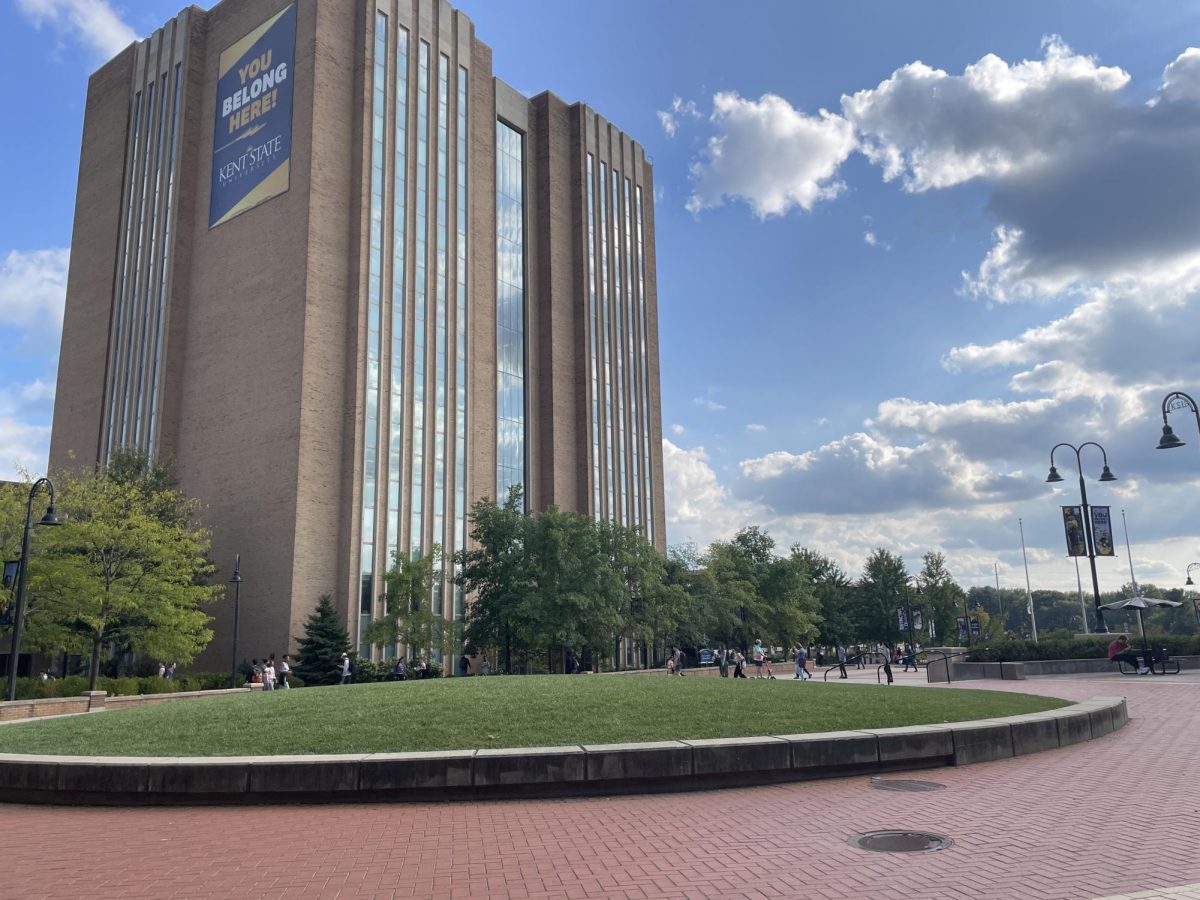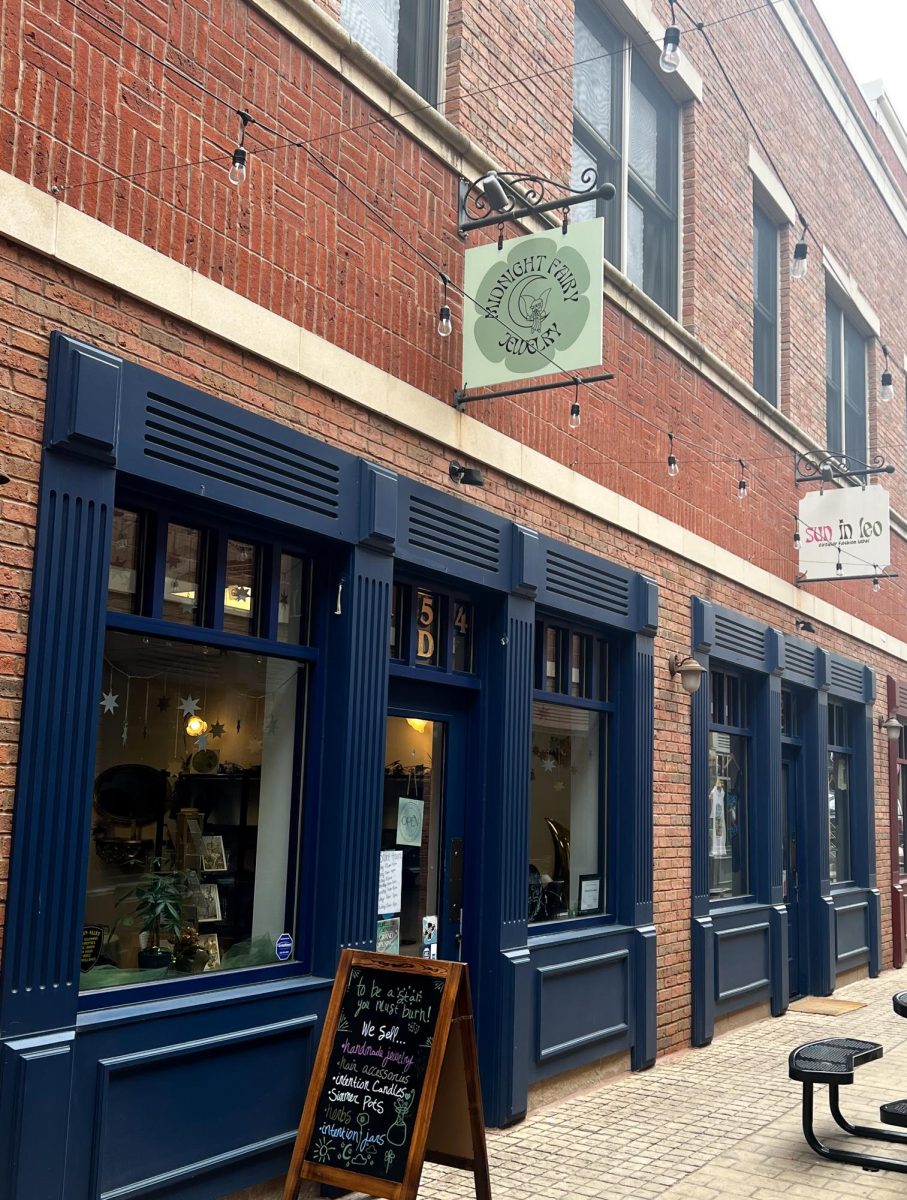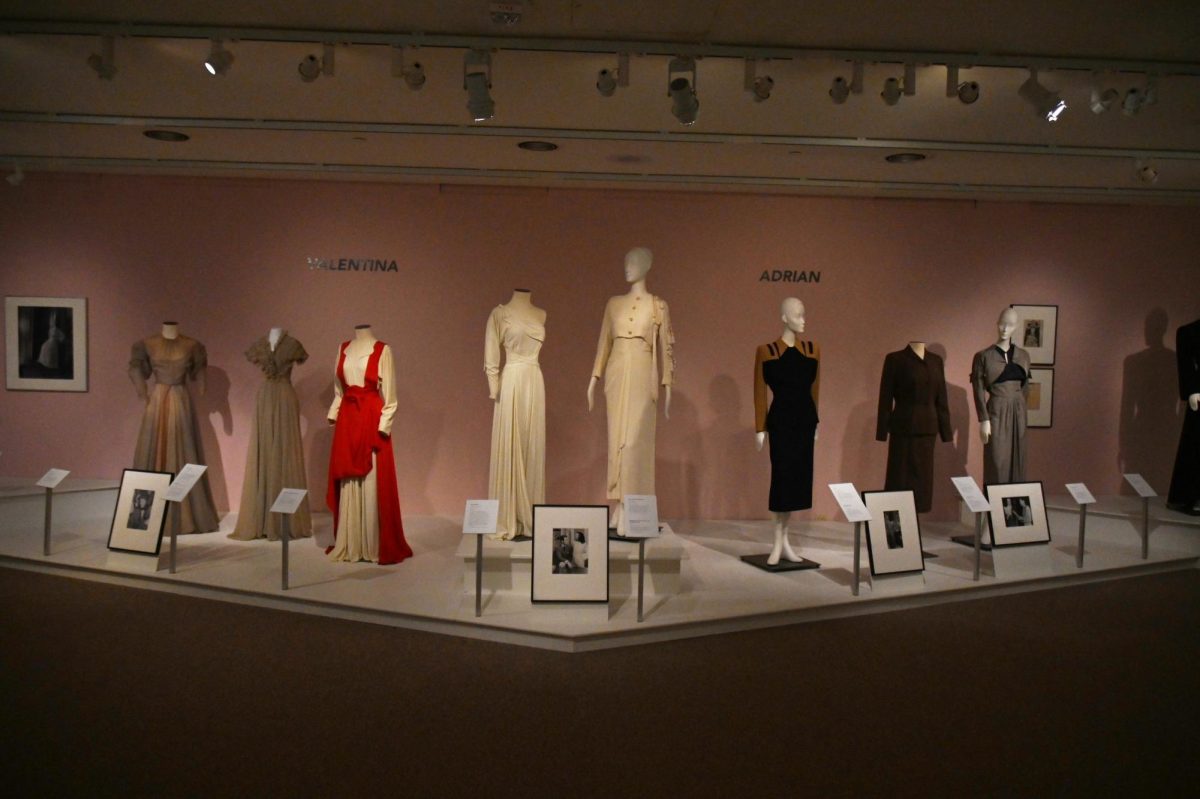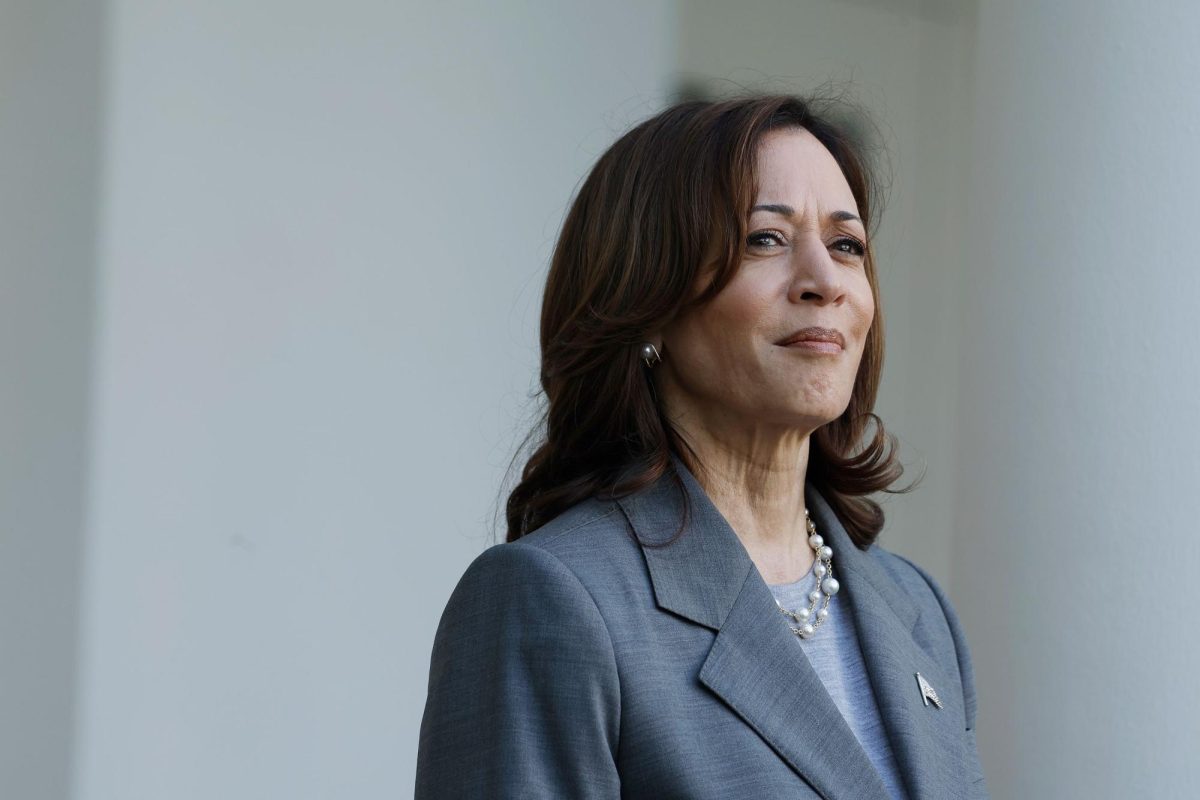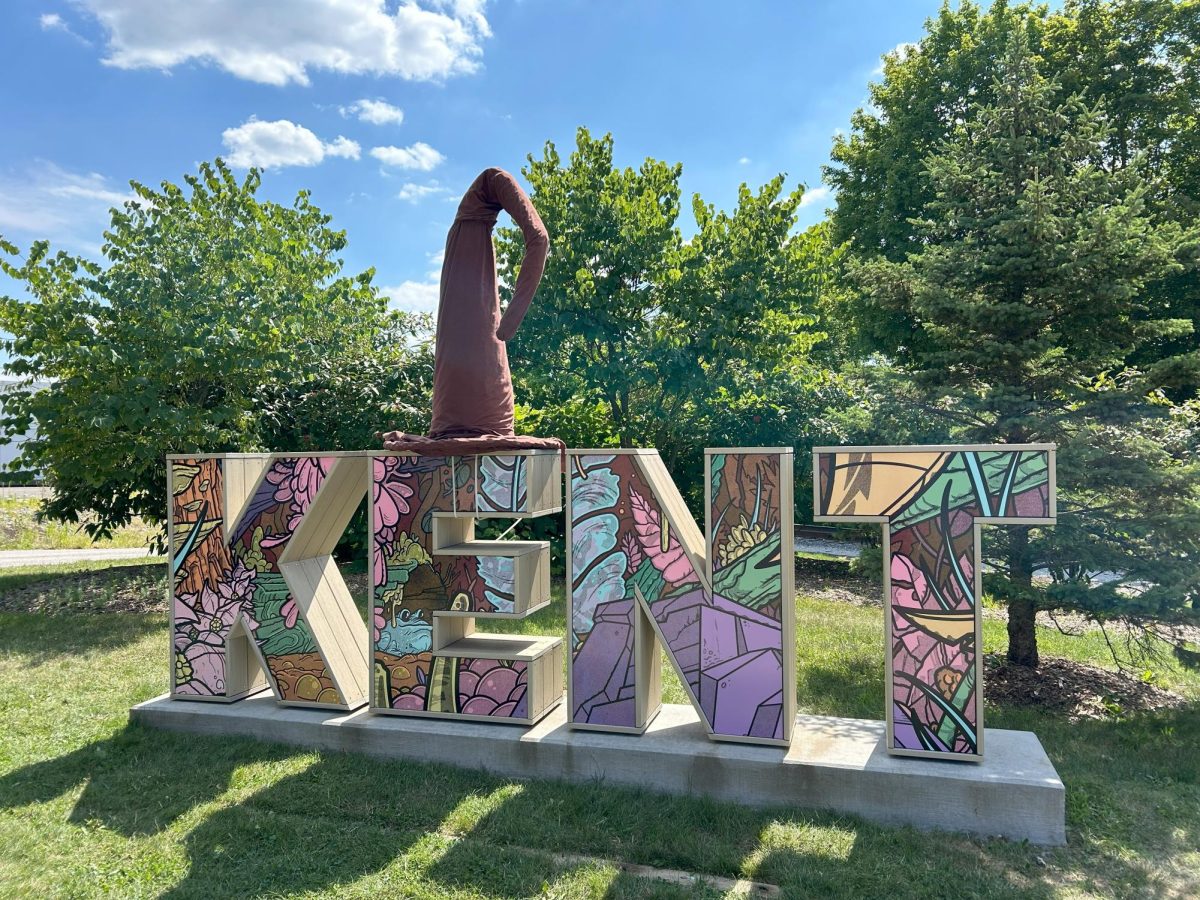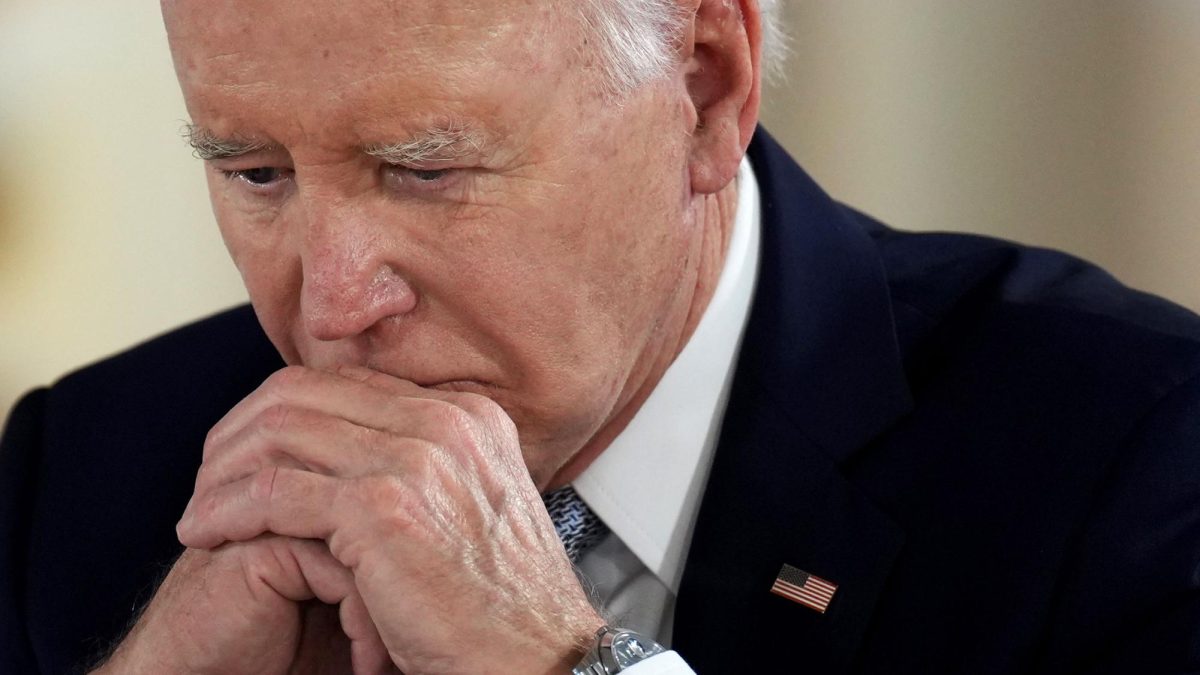With the second-year anniversary of the Russian invasion of Ukraine approaching, several Kent State departments highlighted the history of the invasion through a screening of Ukrainian-made film “The Guide” Thursday.
The film is set in early 1930s Ukraine amid the Holodomor, a man-made famine engineered by the Soviet government.
It tells the story of an American boy whose father was assassinated by the Soviet government, resulting in him fleeing from the Soviet police. He then is saved by a blind kobzar—a Ukrainian folk musician—who helps him understand that he should stay strong despite the harsh reality he faces during the Soviet occupation.
Russian and translation professor Tatyana Bystrova-McIntyre helped organize the event to emphasize the importance of learning about the conflict.
“My hope is that everyone who attends will learn that the conflict in Ukraine did not start with today’s events,” McIintyre said, “the roots are much deeper.”
She specified that “The Guide” shows viewers the perspective of Ukrainians during the 1930’s famine, which can be compared to modern Ukrainians currently experiencing life during another life-altering event.
The importance of showing this movie was also discussed during a panel held before the screening.
“To Ukrainians now, being a part of the Soviet experience was not some ‘grand’ socialism-in-one-country type of thing. It is viewed as an occupation by a foreign aggressor,” Todd Nelson, one of two panelists at the event and political science professor at Cleveland State University, said.
During the panel, students had an opportunity to listen to the perspectives of Nelson and multidisciplinary social sciences and humanities professor Andrew Barnes.
Both of them discussed the effects of memory politics on modern-day Ukraine and the need for Americans to understand the history of the Russian occupation.
“This is an unprovoked war of choice. This was not a situation where there was an imminent threat to Russia,” Barnes said. “It was a decision that Russia wanted to invade Ukraine.”
Nelson gave attendees a deeper look into what the setting in “The Guide” can teach them about Ukrainian’s perspectives on the invasion.
“The Holodomor is the poster child event for the visceral understanding that Ukrainians have that Russia is out to get them,” Nelson said. “It is really the event that symbolizes to Ukrainians that they need to remember what the Russians did to them then and what they are doing to them now.”
Later in his presentation, Barnes pointed out how exactly this conflict affects Americans through aid and reconstruction.
“Eventually there will be a post-war,” Barnes said. “It is important to think about it before it happens because there will be lots of talk in the West about how we are going to rebuild Ukraine.”
After the panel, refreshments and snacks were offered to attendees, who were then seated for the Ukrainian-made film.
McIntyre said the perspective depicted in the film is especially important to show to those outside of Ukraine who may not know much about life during wartime.
“This is a problem for the entire world,” McIntyre said, “Not just for Russia, not just for Ukraine, but for everyone.”
Elaina Matricardi is a reporter. Contact her at [email protected]













